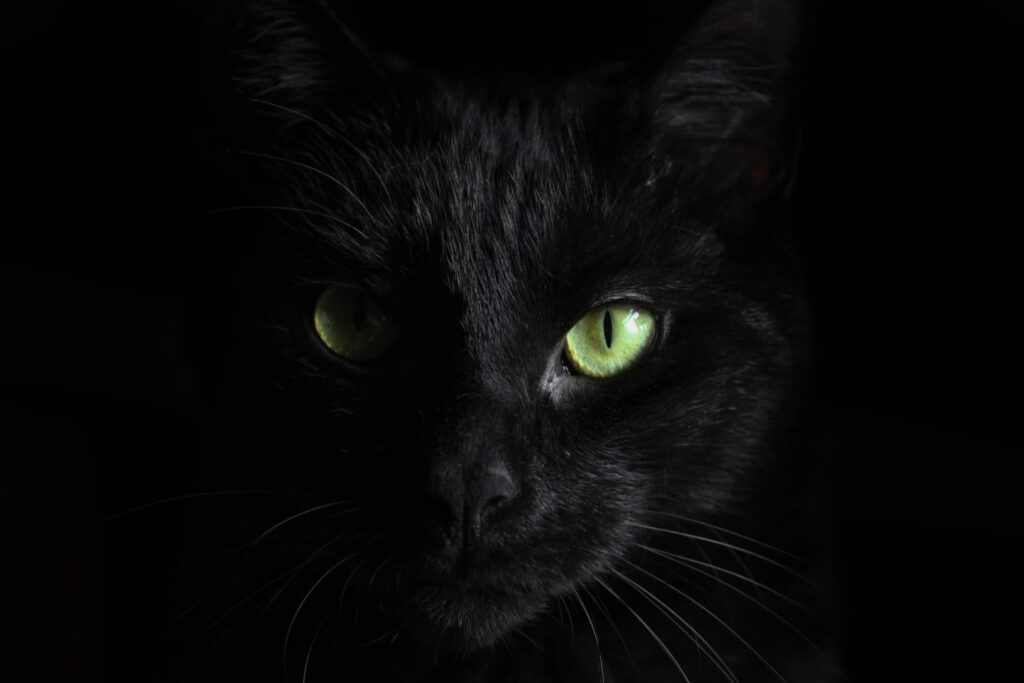Superstition has always been a part of human nature. Whether planning an adventure across remote destinations or sitting down at a high-stakes casino table, people often turn to rituals and charms in the hope of attracting good fortune. In places like Great Barrier Island, where the untouched beauty of nature makes every journey feel magical, travelers often embrace ancient beliefs tied to the land. Similarly, gamblers worldwide rely on time-tested superstitions, convinced that a lucky charm or ritual could tip the odds in their favor. But do these rituals truly work, or is it all in our minds? Let’s explore some of the most fascinating superstitions in both travel and gambling.
The Role of Superstition in Travel
For many travelers, setting off on a journey is more than just reaching a destination—it’s an experience filled with excitement, uncertainty, and, for some, a touch of fear. That’s why various cultures have developed superstitions to ensure a safe and successful trip.
One common belief among seasoned explorers is that certain days are luckier than others for starting a journey. In some cultures, setting out on a Monday is considered bad luck, while others believe that leaving on a Friday invites misfortune. Travelers have also been known to carry charms—small objects believed to bring good luck—such as a special coin, a rabbit’s foot, or even a piece of clothing worn during past successful trips.
Another long-standing superstition is the belief in avoiding specific numbers when traveling. In Western cultures, the number 13 is associated with bad luck, which is why some hotels don’t have a 13th floor. In contrast, many Asian cultures consider the number 4 unlucky because its pronunciation resembles the word for “death.”
For those who enjoy adventures in remote locations like Great Barrier Island, nature-based superstitions also play a role. Some hikers believe that whistling in the wilderness invites bad spirits, while sailors still abide by centuries-old traditions of respecting the ocean by avoiding certain words while at sea.
Gambling Superstitions: Luck or Illusion?
Just as travelers have their rituals, gamblers around the world follow traditions they believe can sway luck in their favor. Casino players often develop their own routines, whether it’s blowing on dice before rolling, wearing a lucky outfit, or entering a casino through a specific entrance to avoid “bad energy.”
Some of the most famous gambling superstitions involve avoiding unlucky numbers. Just like in travel, the number 13 is often considered bad luck in gambling. Many players also avoid crossing their legs while placing bets, believing it “crosses out” their luck. On the other hand, some numbers are thought to bring good fortune, such as the number 7, which has been associated with luck for centuries.
Even digital gambling has its superstitions. Many online slot players swear by certain betting strategies or game selections based on past experiences. Games with mythological themes, such as Divine Fortune slots, are often chosen by players who believe in the power of ancient symbols and legendary creatures to bring luck.
Similarities Between Travelers and Gamblers
At first glance, travel and gambling might seem like completely different experiences. One is about exploring the world, while the other is about testing one’s luck against chance. However, they share more in common than meets the eye.
- Both involve risk-taking. Travelers and gamblers alike thrive on uncertainty—whether it’s booking a trip without an itinerary or placing a bet on an unpredictable outcome.
- Both can be influenced by rituals. From carrying a lucky charm in a backpack to using a specific strategy in a card game, belief in superstition adds an emotional layer to both activities.
- Both provide moments of exhilaration. The rush of winning a game is not so different from the thrill of discovering a breathtaking location.
Travelers visiting remote destinations like Great Barrier Island know that venturing into the unknown requires a certain mindset—one that embraces unpredictability while holding onto personal beliefs for comfort and confidence.
Rituals That Travelers and Gamblers Swear By

While some superstitions seem random, others have deep cultural and historical roots. Here are a few of the most well-known rituals that people continue to follow:
- Throwing coins into water: A practice seen in both travel and gambling, tossing a coin into a fountain or river is believed to ensure a return visit or bring wealth.
- Lucky clothing: Many gamblers wear the same shirt or jewelry during successful games, while travelers often have a “lucky” item they bring on every trip.
- Avoiding specific colors: Some people refuse to wear black while traveling, associating it with bad luck, while gamblers often avoid red or green, depending on cultural beliefs.
Even in the world of online gambling, players look for ways to feel a sense of control. Classic games like free 3 reel slots maintain a nostalgic appeal, with many believing that traditional slot formats are “luckier” than modern variations.
Final Thoughts: Luck is What You Make of It
Whether you’re a traveler stepping onto an unfamiliar trail or a gambler placing a high-stakes bet, luck is often about perception. Rituals and superstitions provide comfort, giving people a sense of control in unpredictable situations. While there’s no scientific proof that lucky charms or special rituals actually influence outcomes, they remain deeply embedded in human behavior.
Great Barrier Island, with its untouched beauty and remote landscapes, is the perfect place to reflect on the mysteries of luck and chance. So whether you carry a lucky charm in your pocket or follow a specific ritual before your next journey, remember: sometimes, believing in luck is enough to make an adventure unforgettable.
